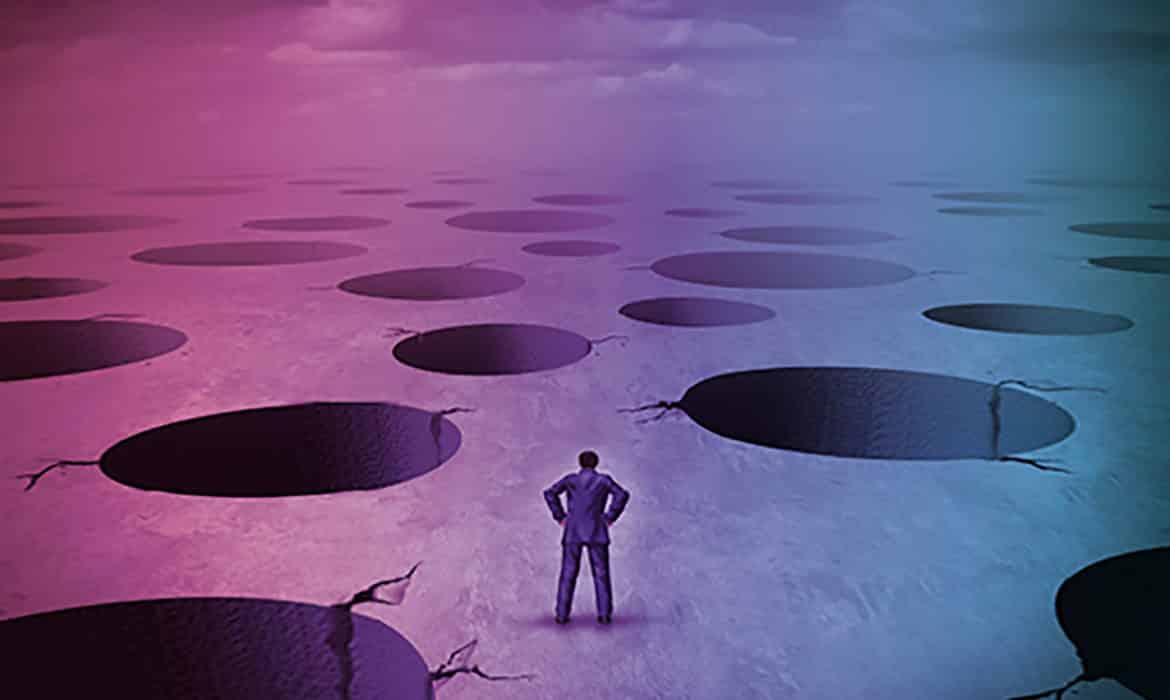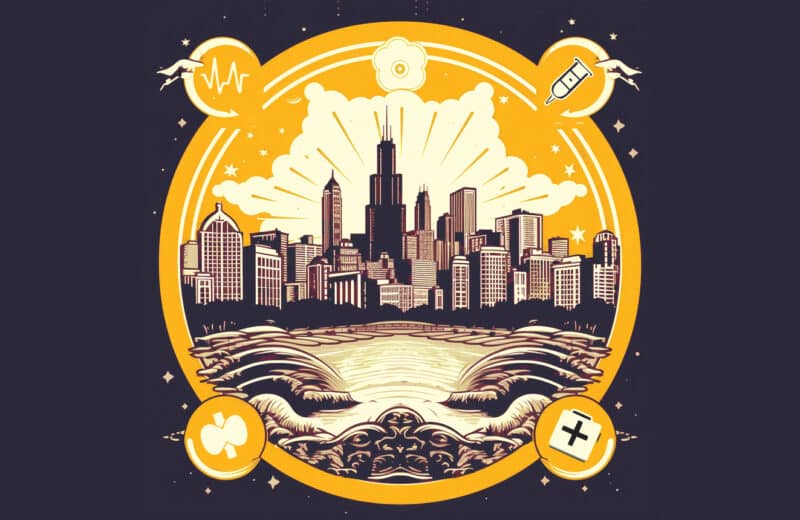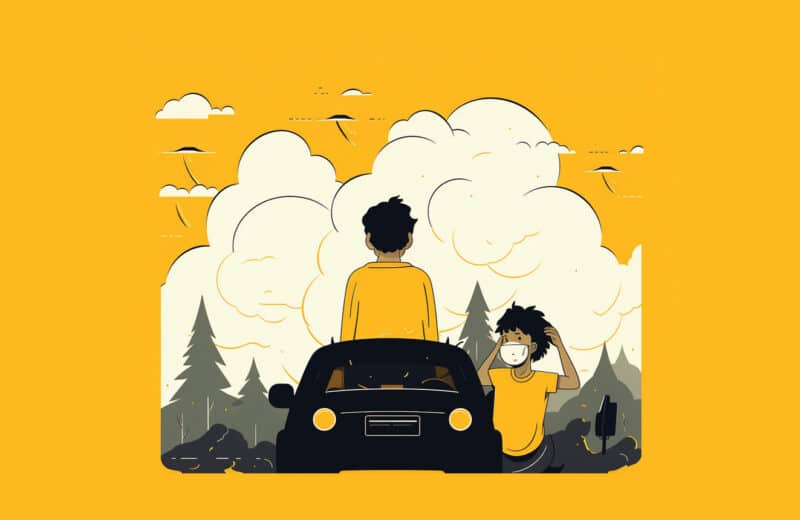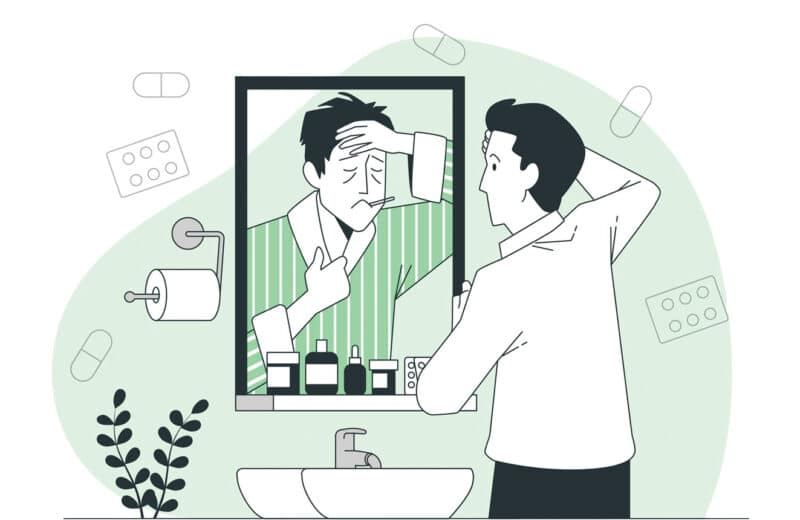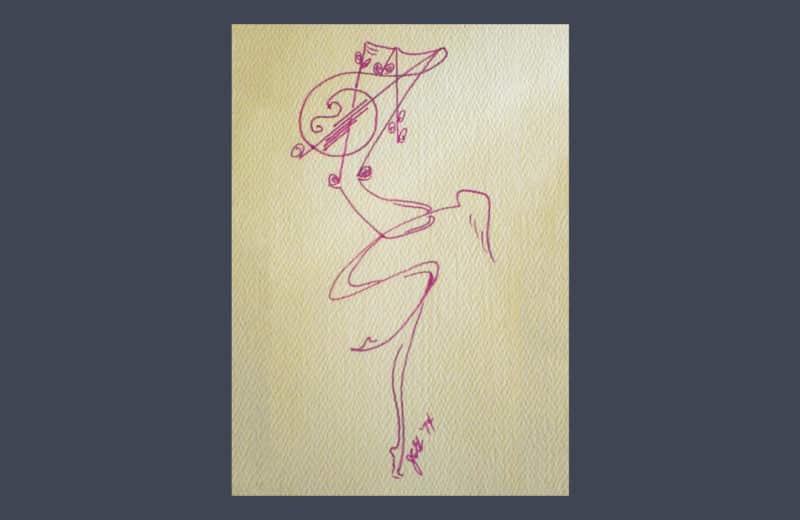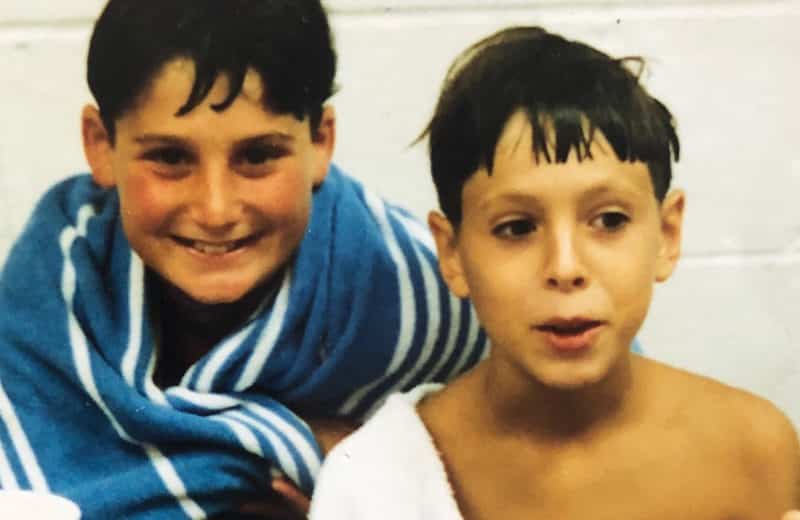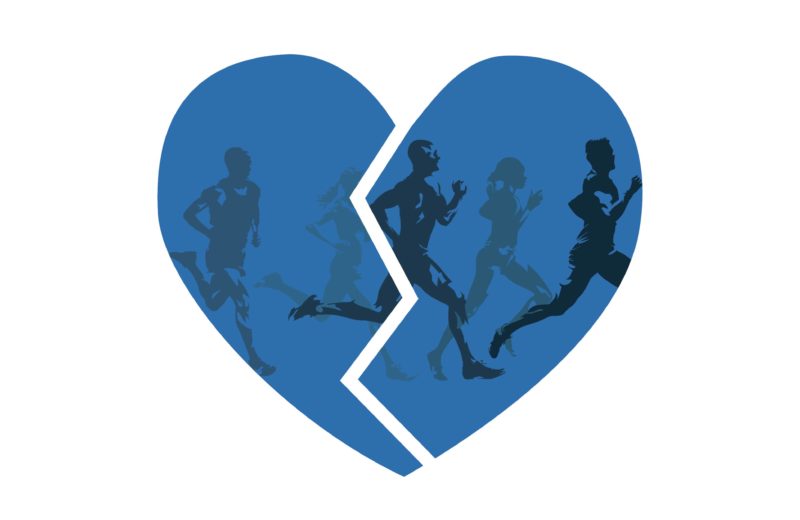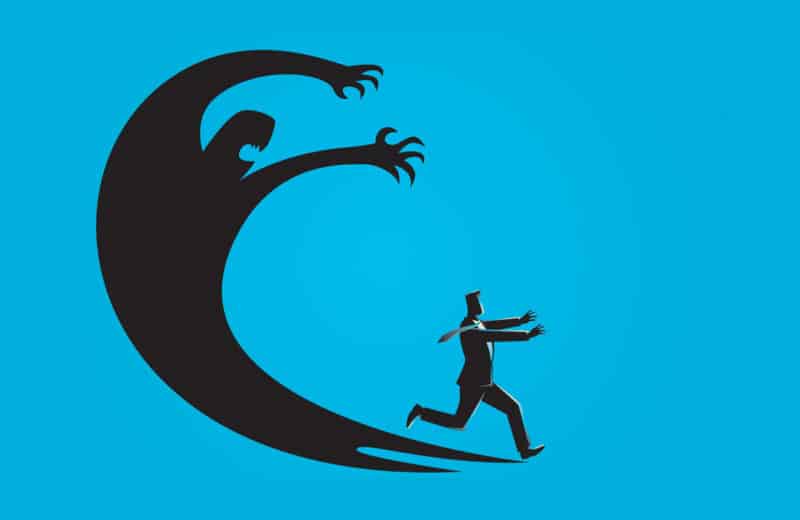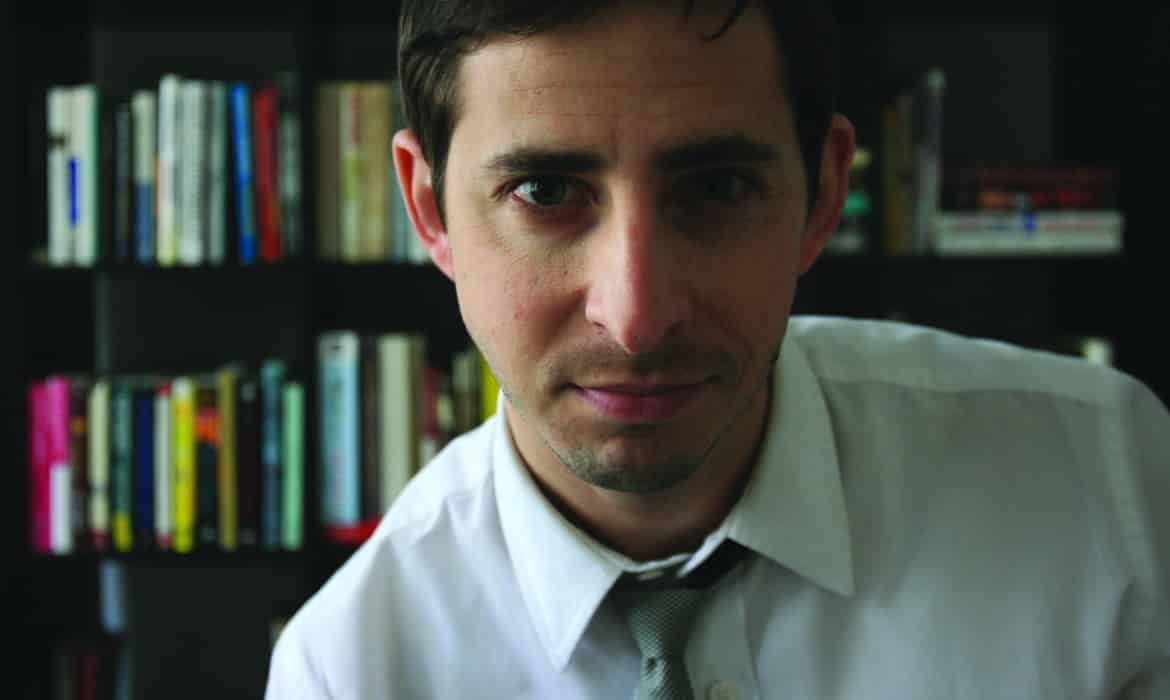
I agreed with my wife. It was March 11. Our son’s second birthday party was scheduled to happen in three days. But the majority of attendees were grandparents, and Covid-19 was picking up steam. Katie was right to suggest we cancel the birthday party. The next day, we found out a worker in Prudential Plaza — where I have an office — had the virus. The pandemic had hit our shores.
We celebrated our son’s second birthday with presents and cake and candles and FaceTime calls to family. And that was fine. The kid didn’t know the difference. (And maybe he never will. This pandemic life is his normal.)
It was a good day. We had a good time.
The following day, however, Katie was terribly sick. Had she been sick like this a month earlier, we’d have chalked it up to the stomach flu. But was this the coronavirus? Oh God! What’s happening? She can’t get tested! What should we do? Did I bring this home from Prudential? Am I going to kill my family?
Her fever was gone the next day, but it would be another few before she could keep food down. And then our son got sick. No vomiting or diarrhea, but temperatures over 103°F for two days. Oh my God! I am going to kill my family!
Remember that we are all in this together, even if the world is making every effort to break us.
Katie tested negative for Covid-19, although it would take almost two months and a steroid prescription for her to breathe without it feeling like her lungs were on fire. And our son is doing great. The fever broke. His tantrums and charm are right where they ought to be.
But even though the symptoms cleared up, our fear hasn’t. What if the Covid-19 test was wrong? Will we, as a society, ever break this virus? How will we ever clear this constant state of alarm?
It’s now been months of uncertainty. The quantity of questions far outweighs the answers. Ignorance is not bliss. Ignorance is terrifying. So I spoke to Clifton Saper, PhD, lead psychologist and director of behavioral clinical services at AMITA Health, about our familial fears and how the health, social, and economic unrest is stripping our sanity to the bone. Then breaking those bones against jagged rocks.
“Your feelings are normal,” he says. “Everyone is in the same boat and feeling the same way.”
I remain employed. I’m lucky. That good fortune is not lost on me. Katie is a freelancer and has lost out on work opportunities. She has far more uncertainties than I do. But when you’re married, your spouse’s uncertainties are your uncertainties.
Making mental health a priority following disasters that affect large factions of the population has always been important. People need to be taken care of. But today’s disaster poses a unique challenge. “The difference [with Covid-19] is that we’re in the middle of it rather than it being a one-time event,” Saper says.
“The phase we’re in currently — this phase of disillusionment, of exhaustion — it just goes on and on,” he adds.
But, Saper says, people are resilient. And I believe that. If Katie and I haven’t killed each other yet, trapped together with a toddler during during the shutdown, we’re going to be fine. And considering our condition compared to others, we already are. But the world is trying its best to break us — all of us.
We keep hearing the phrase, “these uncertain times.” Yeah, very little is certain. But what is for sure is that our patience is exhausted. Our cup, like yours, I’m sure, runneth over with anxiety.
The best we can do is to take care of ourselves, take care of each other. And count our blessings — or luck or privilege or karma. Remember that we are all in this together, even if the world is making every effort to break us.
I’m fond of what Oliver Wendell Holmes Jr. said: “Trouble creates a capacity to handle it.” If that’s true, and I believe it is, then we’ll be okay. Eventually.

